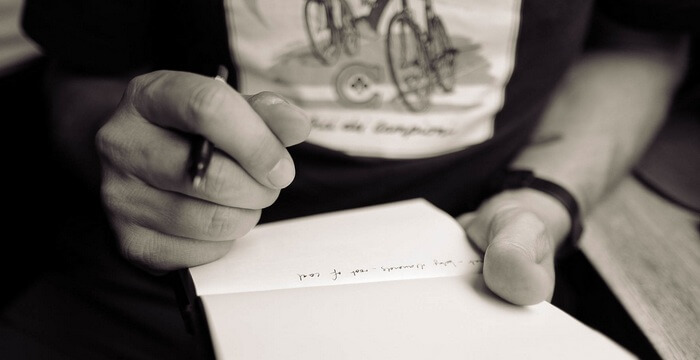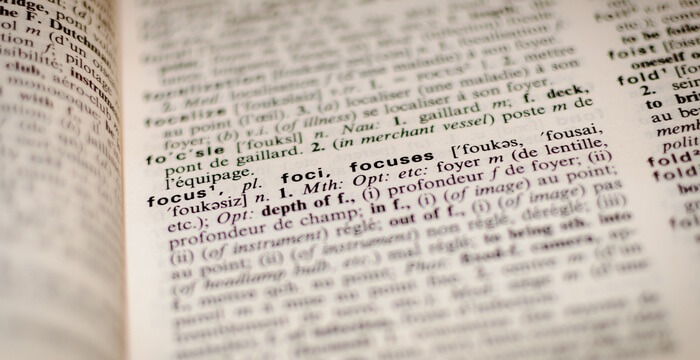How to write

“The first draft of anything is sh*t.”
Ernest Hemingway, Quoted in With Hemingway: A Year in Key West and Cuba
“There was a moment when I changed from an amateur to a professional. I assumed the burden of a profession, which is to write even when you don’t want to, don’t much like what you’re writing, and aren’t writing particularly well.”
Agatha Christie, An Autobiography
“Don’t dash off a six-thousand- word story before breakfast. Don’t write too much. Concentrate your sweat on one story, rather than dissipate it over a dozen.”
Jack London, Getting Into Print
Your Take Away:
- The only secret to writing well is to NEVER STOP WRITING.
Word choice

“Any word you have to hunt for in a thesaurus is the wrong word. There are no exceptions to this rule.”
Stephen King, “Everything You Need to Know About Writing Successfully – In Ten Minutes”
“Never use the word, ‘very.’ It is the weakest word in the English language; doesn’t mean anything. If you feel the urge of ‘very’ coming on, just write the word, ‘damn,’ in the place of ‘very.’ The editor will strike out the word, ‘damn,’ and you will have a good sentence.”
William Allen White, Quoted in Seattle Daily Times
“The most valuable of all talents is that of never using two words when one will do.”
Thomas Jefferson – spurious
Your Take Away:
- Communicate your main idea clearly and concisely—don’t overwrite.
Good writing vs. bad writing

“Good writing is supposed to evoke sensation in the reader—not the fact that it is raining, but the feeling of being rained upon.”
E.L. Doctorow, Quoted in Stein on Writing
“Bad writing is more than a matter of shit syntax and faulty observation; bad writing usually arises from a stubborn refusal to tell stories about what people actually do.”
Stephen King, On Writing: A Memoir of Craft
“A scrupulous writer, in every sentence that he writes, will ask himself at least four questions, thus: 1. What am I trying to say? 2. What words will express it? 3. What image or idiom will make it clearer? 4. Is this image fresh enough to have an effect?”
George Orwell, Politics and the English Language
Your take away:
- Don’t tell your readers what to feel—make them feel it.
- Deliberately choose words to have an impact on your audience.
How to appeal to readers

“No tears in the writer, no tears in the reader. No surprise in the writer, no surprise in the reader.”
Robert Frost, Frost: Collected Poems, Prose, and Plays
“If a story is not about the hearer, he will not listen. And here I make a rule—a great and interesting story is about everyone or it will not last.”
John Steinbeck, East of Eden
“The only thing worth writing about is people. People. Human beings. Men and women whose individuality must be created, line by line, insight by insight. If you do not do it, the story is a failure.”
Harlan Ellison, “Telltale Tics and Tremors”
Your take away:
- Create content about real people, especially your audience.
- Your content should resonate with your readers’ interests, emotions, etc…
How to create compelling content
“All you have to do is write one true sentence. Write the truest sentence you know.”
Ernest Hemingway, A Moveable Feast
“Don’t bend; don’t water it down; don’t try to make it logical; don’t edit your own soul according to the fashion. Rather, follow your most intense obsessions mercilessly.”
Anne Rice, The Metamorphosis, In the Penal Colony, and Other Short Stories
“Writing isn’t about making money, getting famous, getting dates, getting laid, or making friends. In the end, it’s about enriching the lives of those who will read your work, and enriching your own life as well.”
Stephen King, On Writing: A Memoir of the Craft
Your take away:
- Write content you believe in; write about your passions.
- As writers, our only goal should be to create the best possible content. Every. Single. Time.
